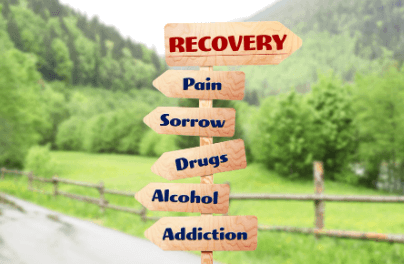Understanding the Stages of Alcohol Recovery

Alcohol addiction is a serious condition that can have a significant impact on an individual’s physical and mental health, as well as their relationships and overall quality of life. Recovery from alcohol addiction is a long-term process that can take several months or even years to complete. In this article, we will discuss the various stages of alcohol recovery and what individuals can expect during each stage.
Stage 1: Early Recovery
The early recovery stage is the initial phase of the recovery process and typically lasts for the first few months. During this stage, individuals are focused on detoxifying their bodies and building a foundation for their recovery.
Detoxification is the process of eliminating alcohol from the body, and it can be a difficult and potentially dangerous process. Medical supervision is often recommended during this stage as withdrawal symptoms can be severe, including tremors, seizures, and even death in some cases.
During early recovery, individuals will also begin to learn about addiction, the recovery process, and the tools and resources that are available to help them. They may also begin to build a support network of friends, family, and other individuals in recovery.
Visit: impactrecoverycenter
It is important for individuals in early recovery to set realistic goals for themselves, such as attending support group meetings, avoiding high-risk situations, and developing healthy habits.
Stage 2: Middle Recovery
The middle recovery stage typically lasts for several months to a year and is characterized by continued progress in the recovery process. During this stage, individuals will begin to work on developing new coping mechanisms to deal with stress and triggers.
They will also begin to focus on rebuilding their lives and relationships, which may have been damaged by their addiction. This may include finding a job, rebuilding relationships with family and friends, and working on any legal or financial issues that may have arisen as a result of their addiction.
Individuals in middle recovery will also continue to attend support group meetings and work with a therapist or counselor to address any underlying issues that may have contributed to their addiction.
It is important for individuals in middle recovery to continue to set goals for themselves and to stay focused on their recovery. They will also need to be patient and understand that recovery is a long-term process that takes time and effort.
Stage 3: Late Recovery
The late recovery stage is the final phase of the recovery process and typically lasts for several years. During this stage, individuals will have made significant progress in their recovery and will have developed the skills and tools necessary to maintain their sobriety.
They will also have worked on rebuilding their lives and relationships and will have established a support network of friends, family, and other individuals in recovery.
Individuals in late recovery will continue to attend support group meetings and work with a therapist or counselor to address any underlying issues that may have contributed to their addiction. They will also focus on maintaining their sobriety, which may include developing new hobbies and interests, and building a sense of purpose and meaning in their lives.
It is important for individuals in late recovery to continue to set goals for themselves and to stay committed to their recovery. They will also need to be aware of the potential for relapse and to have a plan in place to deal with triggers and high-risk situations.
Conclusion
Recovering from alcohol addiction is a long-term process that involves several stages. During the early recovery stage, individuals will focus on detoxifying their bodies and building a foundation for their recovery. During the middle recovery stage, individuals will focus on developing new coping mechanisms and rebuilding their lives and relationships.




